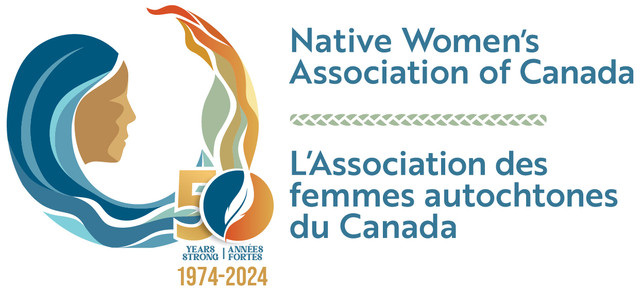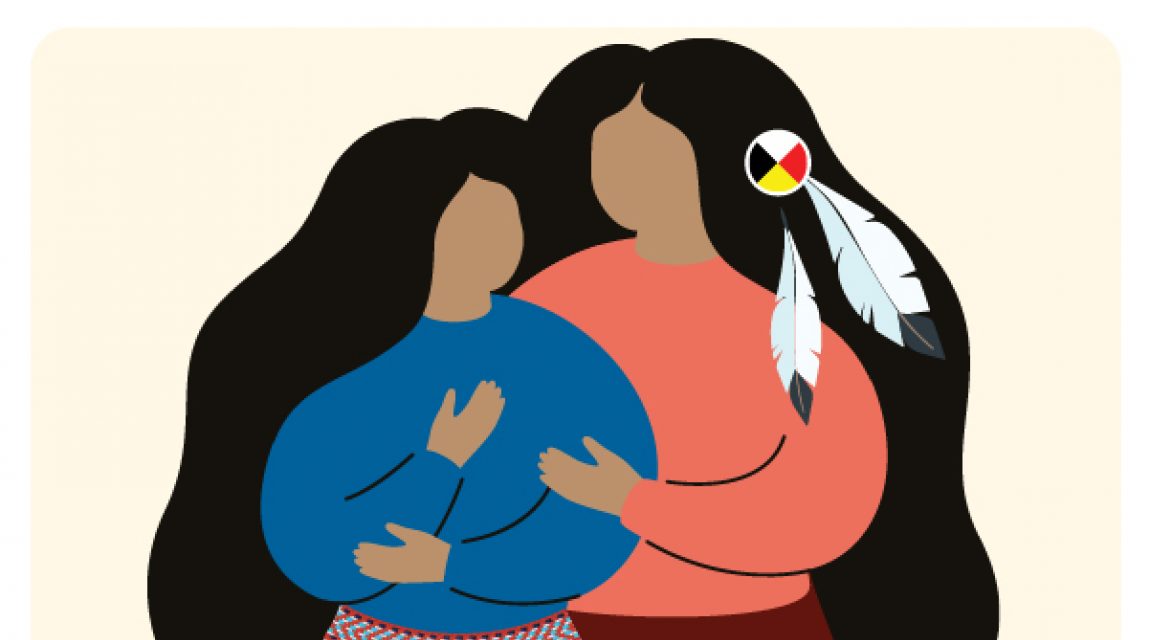With funding from the First Nations and Inuit Health Branch of Indigenous Services Canada (FNIHB), NWAC was able to conduct research on forced sterilization. Our work included conducting a thematic analysis of recommendations on forced sterilization and holding engagement sessions with Indigenous women to explore sexual and reproductive health needs and priorities.
In these sessions, participants highlighted a gap in sexual health education and a need to empower and raise awareness among Indigenous women on their rights within the health care system; their understanding of their options when it comes to sexual and reproductive health; and the need for information on what to do when those rights are abused. We also heard of a lack of trust between Indigenous community members and mainstream health services, which leads to hesitancy on the part of Indigenous community members to use these services—and, ultimately, to poorer health outcomes.
Participants stressed the importance of providing training and education for health care providers on cultural safety as well as informed consent, informed choice, health education for patients of varying literacy levels, and freedom of choice and bodily autonomy.
To address this gap, NWAC will develop an information campaign on the sexual and reproductive health needs and priorities of Indigenous women, girls, Two-Spirit, and gender-diverse people. Central to this campaign is a toolkit that aims to educate, empower, and offer justice in the context of sexual and reproductive health for Indigenous women. The toolkit includes information on free, prior, and informed consent, informed choice, an informed choice decision-making tool, patient rights, how to file a complaint, and an overview of birth control methods.
While providing care for a loved one can be rewarding and offer an opportunity to become closer, it can be demanding on the caregiver’s mental, emotional, physical, and spiritual well-being. Caregivers frequently report sleep issues, anxiety, depression, burnout, feelings of frustration, financial challenges, and social isolation. Further, Indigenous caregivers may lack essential information and knowledge on dementia. They may not know how to access culturally safe supports and services to assist them with providing care and coping with the stresses of caregiving. Our project, through the toolkit and support groups, aims to improve the knowledge and experience of the caregiver and, in turn, improve the care provided to people living with dementia and their quality of life.
The engagement portion of the Circle of Care at the centre of the project ensures that Indigenous values, beliefs, and traditions will be included. The peer support group sessions have allowed caregivers to learn about dementia and discuss problems of caregiving. The participants receive traditional information and perspectives on dementia and caregiving and have an opportunity to talk with other Indigenous caregivers who may be having similar experiences.

